First of all, you don't want to be the one caught importing counterfeit or pirated goods. Period. It's a huge industry, and US Customs and Border Protection (CBP), and other developed countries enforcement professionals are cracking down. Heavy fines and even criminal charges can be filed against importers who engage in intellectual property right infringement.
Protect Your Brand from Intellectual Property Infringement
Topics: Supply Chain Management, Customs Consulting, International Trade Compliance & Enforcement
Topics: Customs Consulting, International Trade Compliance & Enforcement
Strategic Product Sourcing: How to Find the Right Partner
You've decided to start importing. Congratulations! You have made a decision to get involved with international trade and eCommerce. What a fantastic time to do so considering the exponential growth eCommerce is experiencing.
Topics: Supply Chain Management
Duty Drawback: Are You Eligible for a Rebate?
Drawback, a.k.a, duty drawback was initially established in 1789 as an export incentive program to promote U.S. innovation and manufacturing around the world. 229 years later, after several revisions, it's still in effect!
Topics: Customs Consulting, International Trade Compliance & Enforcement
Compliance, Colleagues, Communication
Gaining buy-in to a trade compliance program may seem like a daunting task, but do not worry, it is possible to achieve.

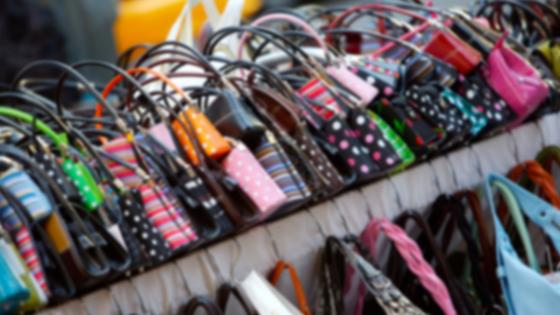

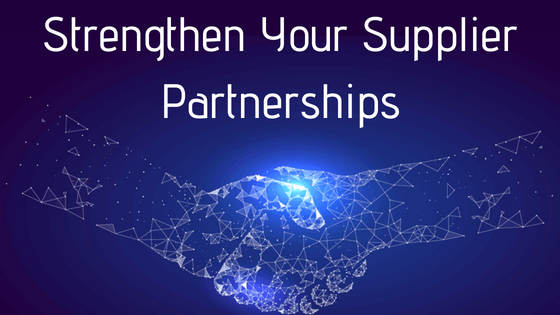
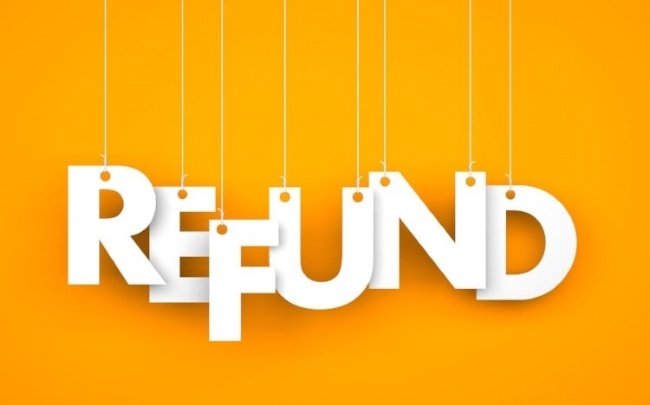
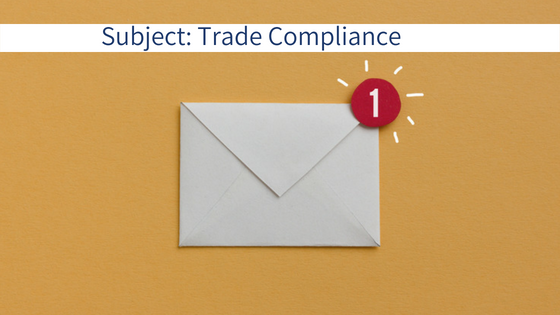

-%20dark%20larger%20(1).png)


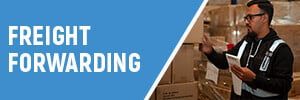


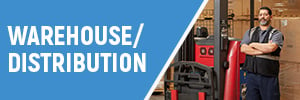


%20for%20Website.png)


